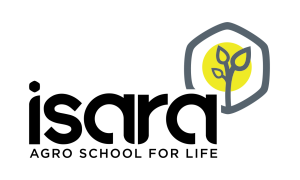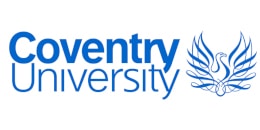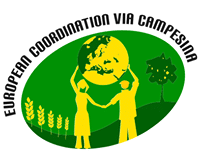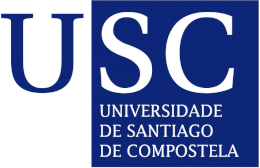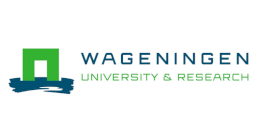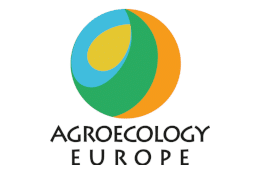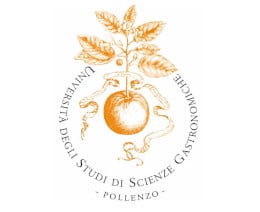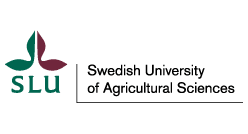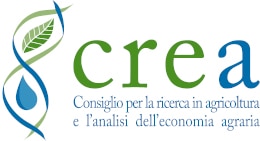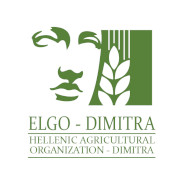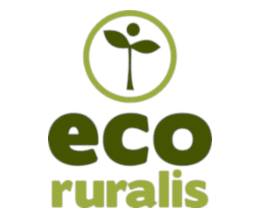The Agroecology for Europe (AE4EU) project aims at enabling a successful transition to agroecology through the direct engagement and involvement of different actors from different backgrounds and sectors.
Among its activities, the project intends to identify research needs for agroecology, taking into account and combining the research demands of agroecological farmers, the expectations of civil society and the views of researchers involved in agroecology. Furthermore, the project contributes to assessing how agroecology is understood and perceived by the different actors involved in its adoption. To reach these goals, AE4EU promotes surveys among food systems’ actors to gather perceptions, identify the research needs and prioritise them. Surveys are carried out in key European Countries by AE4EU partners at specific operational scales by means of a questionnaire to a previously identified network of stakeholders and by the organization of a workshop for a restitution of the resulting main outputs.
In this context, the CREA research group identified in the Agroecology living Lab set up by AGROFORSYLL (Agroforestry living lab) at the end of 2019 in Metaponto (Basilicata region, Southern Italy) the suitable operational scale for the survey implementation and in its participating actors the stakeholder network for the questionnaire distribution. Once the target number of questionnaires was achieved, the AE4EU workshop was nested in a participatory meeting held on 17 November 2022 at the CREA’s experimental farm “CAMPO 7” in Metaponto organized among the AGROFORSYLL activities.
Twenty-six actors attending the participatory meeting joined the AE4EU workshop. The objective was twofold: i) to enable a deeper understanding of the barriers and related research needs highlighted through the questionnaire; ii) to establish research priorities. The discussion confirmed the need of more intense networking among actors for a transition to more sustainable food systems, along with the need for strong action at the governance level. Participants also highlighted the need to implement social aspects in the research activity to create a stronger link between scientists and non-academic actors and at the same time rehabilitate the figure of the farmer.
Collective actions, so as to embrace actors with different cultural backgrounds, are confirmed as instrumental to include local knowledge and to gather perspectives towards an agroecological transformation of the food system. Participatory approaches can be determinant to debate the main obstacles perceived by different actors to realize this transformation, prioritising the effective research needs and then facilitating their implementation in the actual research agenda.
Author: Corrado Ciaccia (Crea)
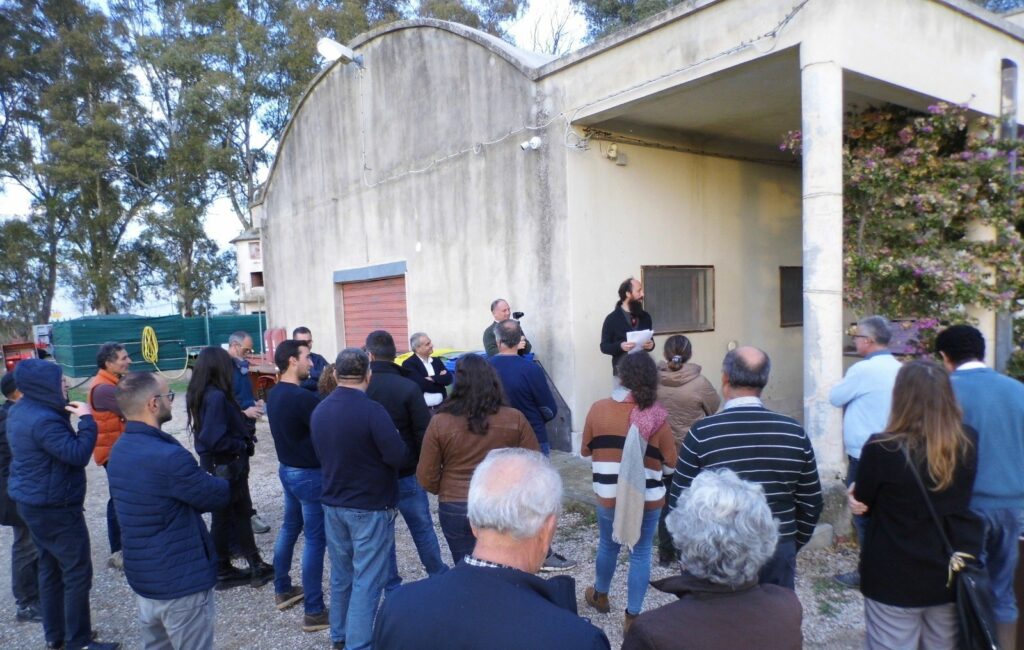
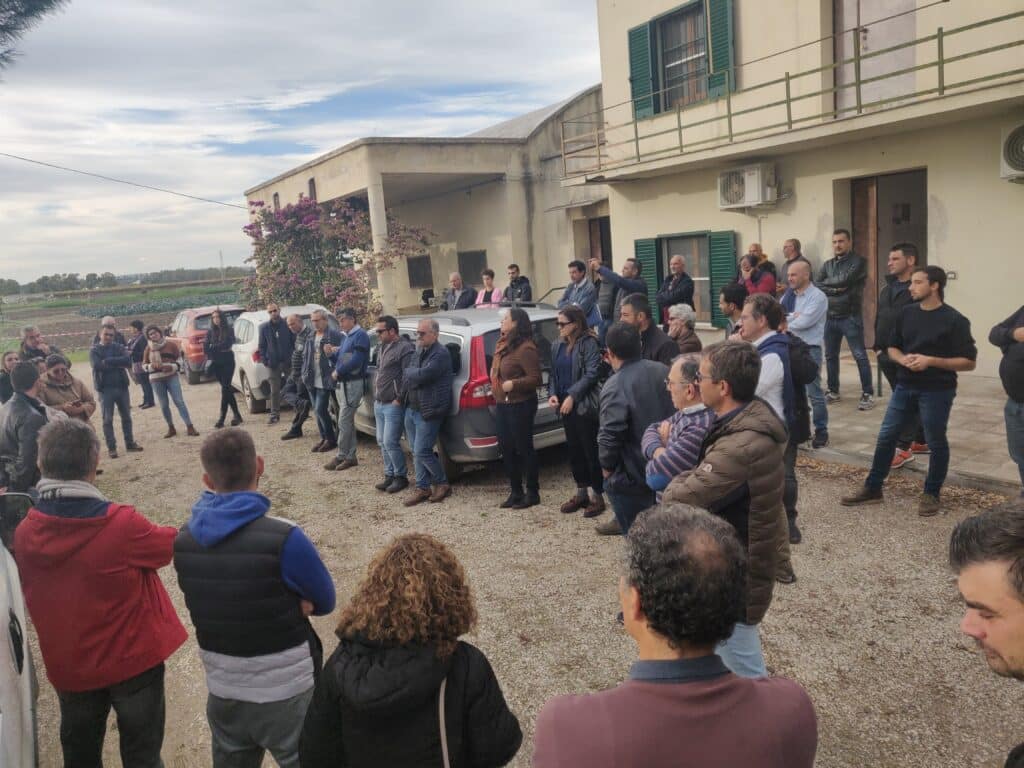
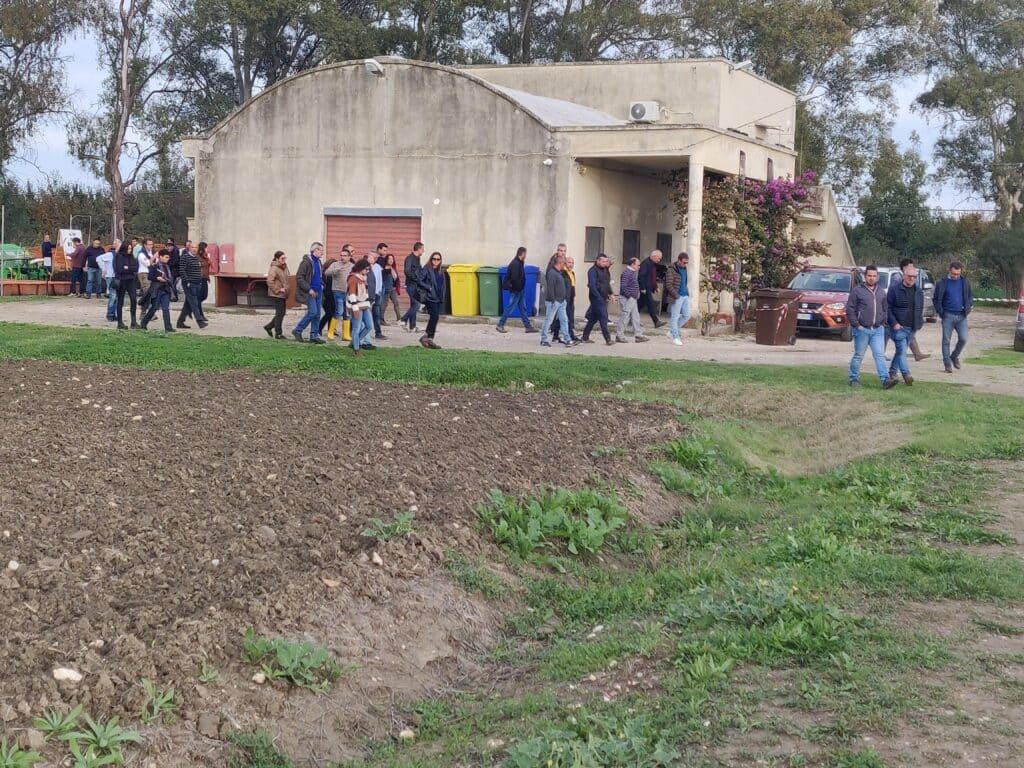
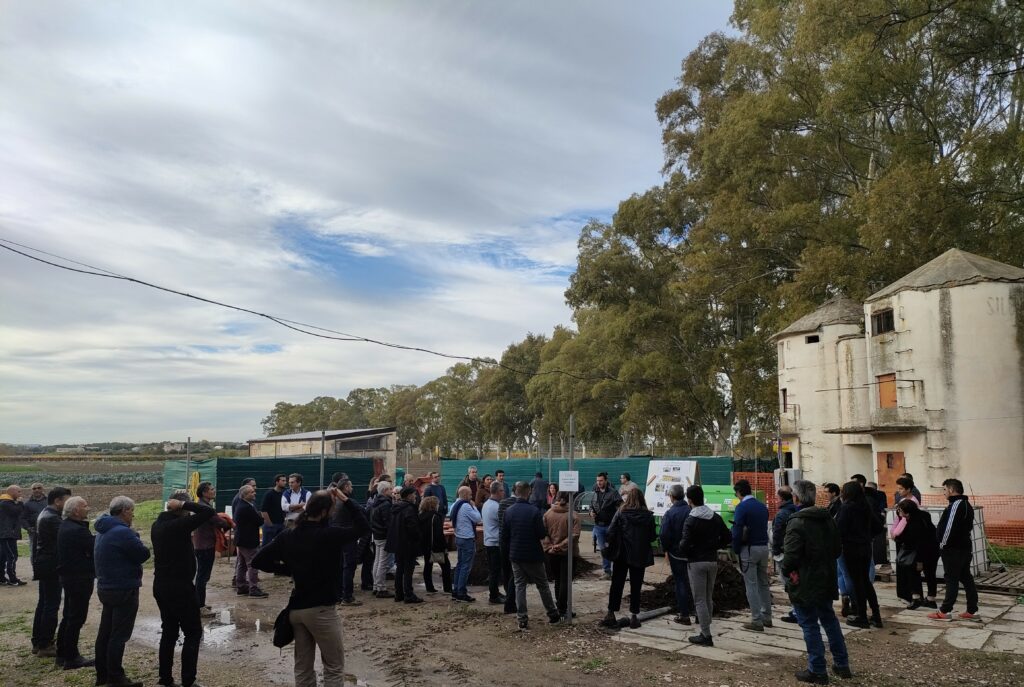
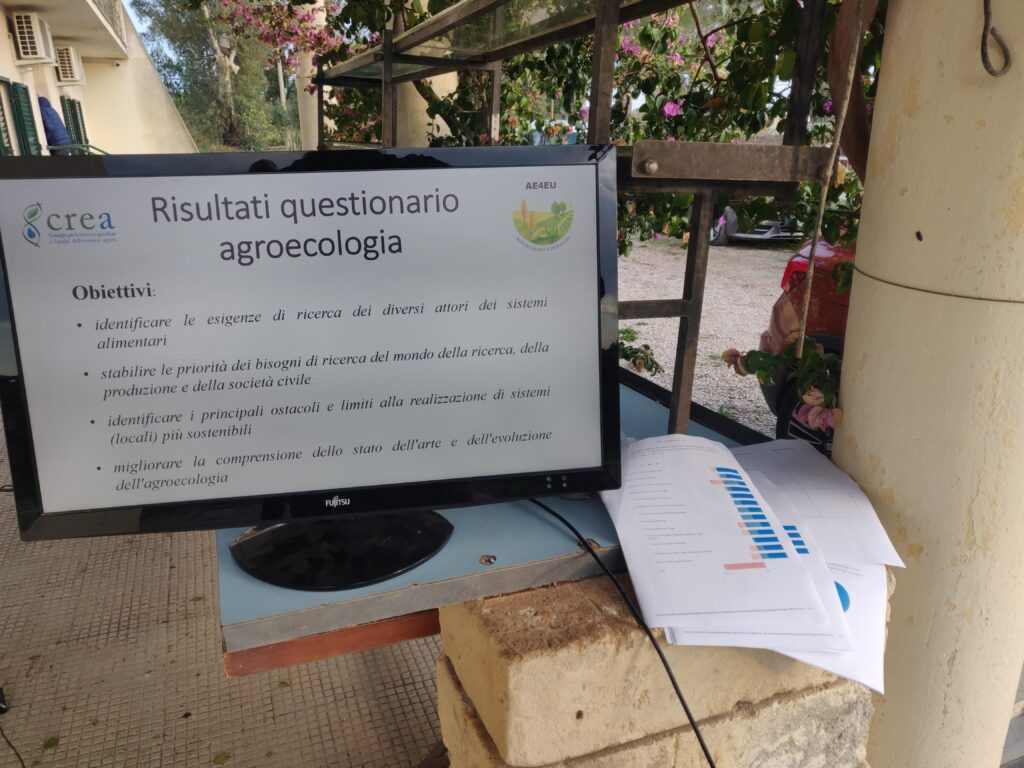
(c) Pictures: Corrado Ciaccia (Crea)

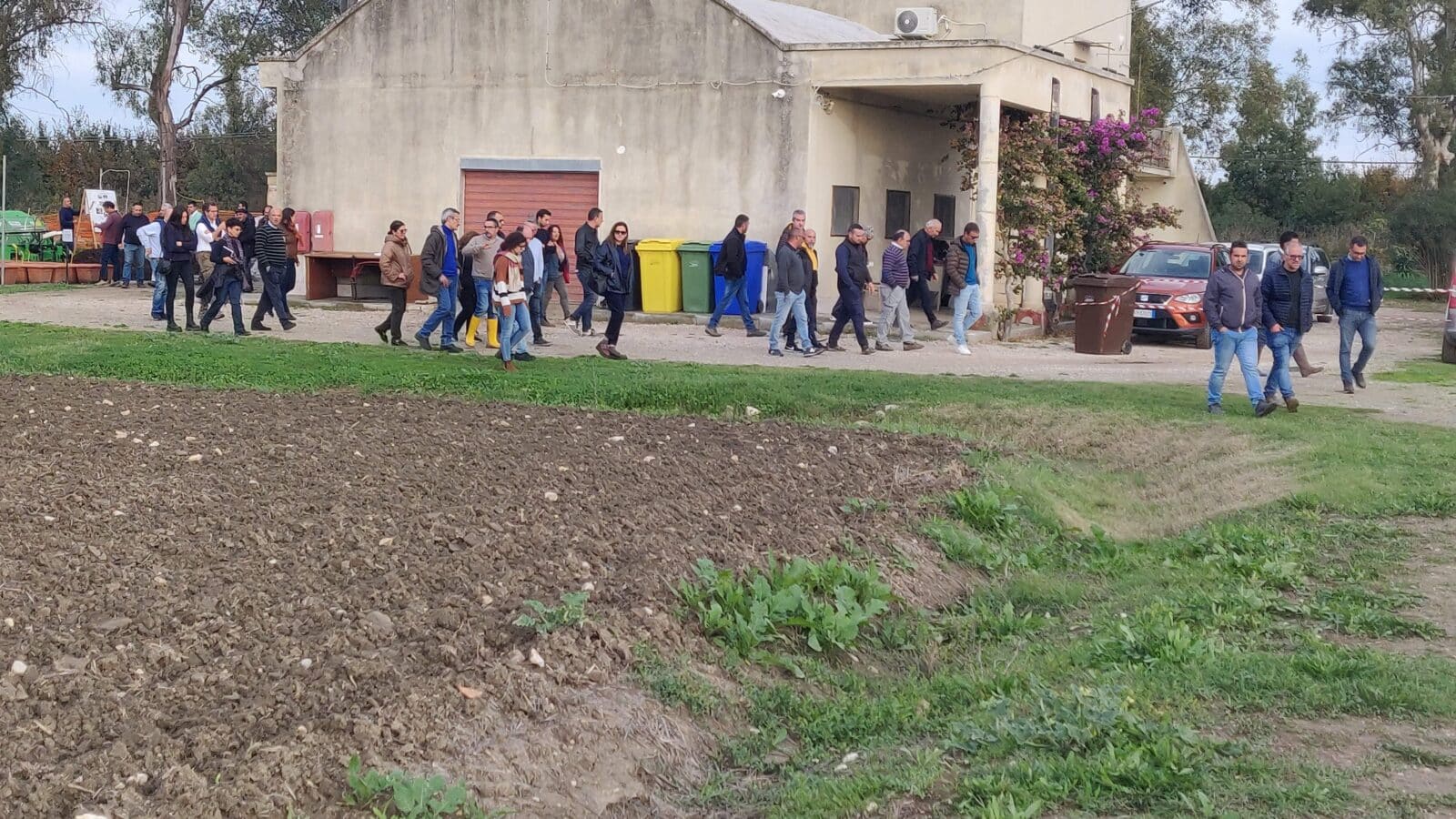
 #4 AE4EU Newsletter – December 2022
#4 AE4EU Newsletter – December 2022
